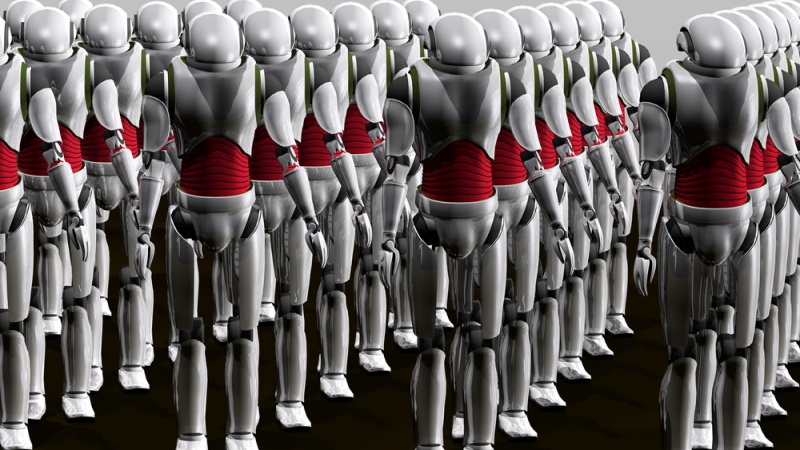
As a Democratic senator drafts a bill to look into artificial intelligence policy, Elon Musk and Google teach machines human judgment in order to avoid the robot apocalypse.
Musk, owner of Tesla, teamed up with Google’s OpenAI team to allow AI systems to learn tasks from humans, rather than figuring out a task on their own, which makes the machines less unpredictable. Musk has always been skeptical about the safety of AI technology, calling it “summoning the demon.”
In the past, AI software has learned the right way to accomplish tasks by getting positive or negative reinforcement from computers. The AI system would learn that the best way to get something done is the route that gets the most positive reinforcement. This gets complicated quickly, when a task requires multiple steps. Musk and Google are working on reinforcement software that derives input from humans instead of computers.
Sen. Maria Cantwell, D-Wash., circulated a draft of a bill this week that would create a committee that would discuss AI issues. This draft doesn’t offer any specific policy or action. The AI advisory committee would report to the secretary of Commerce and would consider questions including whether machines will replace more workers than jobs created by 2025, and how bias can be eliminated from AI.
The Obama administration released a report on AI last year, but the Trump administration hasn’t developed any specific AI policy yet. The White House report said that AI has the potential to increase living standards and leisure hours, but it could also increase economic inequality. The report found that the employees that would see the most pressure from automated technology are lower paid, lower skilled, and less educated.
“This means that automation will continue to put downward pressure on demand for this group, putting downward pressure on wages and upward pressure on inequality,” stated the report.
“The impact of [artificial technology] will continue to put pressure on the distribution of income,” said Jason Furman, chairman of the Council of Economic Advisers, during a press conference in December.
Furman said that Federal policy could be created to highlight the benefits of artificial intelligence and mitigate the downsides. The report recommended that the government invest in artificial intelligence research, educate and train workers on jobs related to artificial intelligence, and help workers while the economy transitions to be more focused on artificial intelligence.
“The technology is not destiny,” Furman said.
